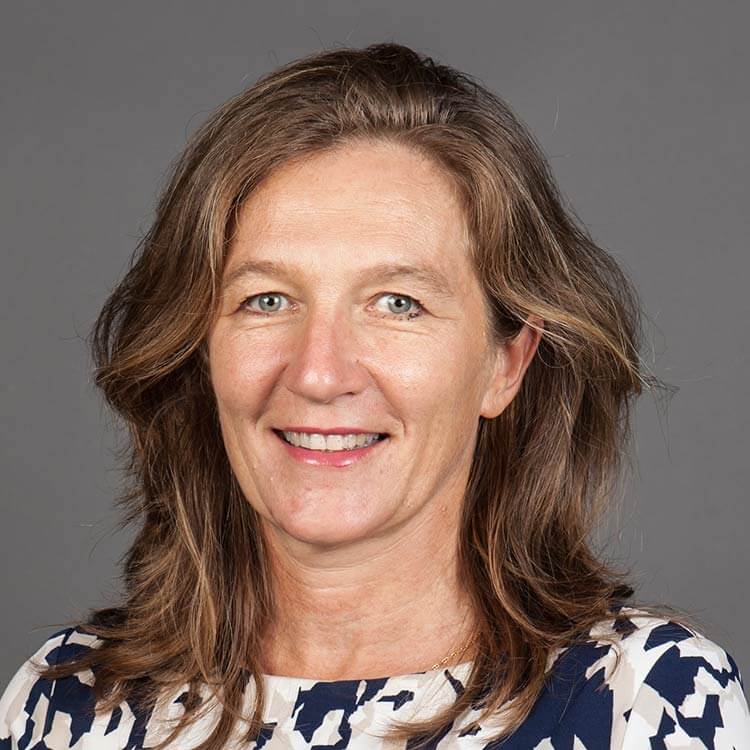Our research impact
The Children's Diabetes Centre, based at the Telethon Kids Institute, is the only paediatric research centre of its kind in Australia, with the goal of improving the lives of children with Type 1 Diabetes and their families. Our researchers are continually working on new technologies and therapies to reduce the burden on children and families living with this condition.
Research at the Children’s Diabetes Centre has:
- Found that pump technology that suspends insulin delivery when blood glucose levels (BGLs) fall can halve the incidence of hypoglycaemia (low blood sugar) in young people with T1D compared with traditional treatments
- Quantified the glucose requirements for different exercise intensities and different insulin levels
- Quantified the impact of oral glucose and sprints on glucose requirements with exercise, and the impact of hyperglycaemia on performance – which will inform guidelines to assist people with T1D to exercise safely
- Determined precisely how much insulin is required for additional fat and protein in a meal using a novel insulin clamp technique
- Demonstrated that children diagnosed with T1D are twice as likely to develop mental health conditions during early adulthood compared with their non‐diabetic peers
- Shown that rates of T1D in childhood in Australia are increasing in a five-year cyclical pattern
- Conducted the world’s first survey of the impact of wearable diabetes technology and intimacy and relationships.
Our future program of work includes the following:
- We will continue our important work in the area of technology by refining engineering hardware and software algorithms, and conducting well-designed clinical trials of diabetes technology
- Our diet studies will look closely at the relationship between the amount of carbohydrate and insulin required to maintain healthy BGLs; as well as the impact on BGLs of other factors such as gastric emptying and the proportion of macronutrients (fat, protein and carbohydrate)
- We will continue our focus on exercise and T1D, with the ultimate aim of developing and trialling guidelines for people with T1D on how to manage exercise and their BGLs.
- We will continue our important work in understanding the risk factors and determinants of T1D through our epidemiological studies. This includes the Children’s Diabetes Centre involvement with the national ENDIA study that involves recruiting pregnant women who either have T1D or who have a partner with T1D to investigate the environmental determinants of T1D
- We are working to better understand the link between stress, anxiety and BGLs in young people
- We will be working to identify and trial interventions that improve the mental health and wellbeing of children and adolescents with T1D and their families
- We will continue to promote positive school experiences for children and young people with T1D and deeper understanding of school experiences of adolescents with T1D and how these help or hinder their psychosocial wellbeing.
Type 1 Diabetes: A family’s perspective
Heath's story
Five year old Heath Scott is living with Type 1 Diabetes.
His parents, Brad and Jodie, share their experiences of raising a brave child with this hidden disease, the challenges that they face, and their hopes for the future. They'd love for Heath to have the chance at a normal childhood.
Type 1 Diabetes: A researcher’s perspective
 When I started at Princess Margaret Hospital as a young resident more than 25 years ago, one of my first terms was in diabetes.
When I started at Princess Margaret Hospital as a young resident more than 25 years ago, one of my first terms was in diabetes.
I didn’t really know much about kids with diabetes at that point and I was just struck by how devastating the condition was for families and how little families knew about diabetes when this bombshell was thrown at them, which affected every aspect of their life – everything from food and exercise to stress, fatigue, puberty, time of the day, time of the year, illness.
Every decision they made could impact the child’s blood glucose levels. I hadn’t really understood that impact and that for the parents it’s really a 24-hour commitment, 365 days a year, to care for their child.
It really resonated for me – the importance of the clinician in understanding and helping that family understand the best ways of managing diabetes.
The fact that if we can do a good job with the kids then we set them up for a much better outcome as an adult has been a real motivator for me as a clinical researcher.
What would you discover to help a child? Meet Liz Davis
Research subsite
Be Inspired
Join thousands of active subscribers and hear about the brave kids, dedicated researchers, and world-leading science at Telethon Kids Institute.
We guarantee 100% privacy. Your information will not be shared.